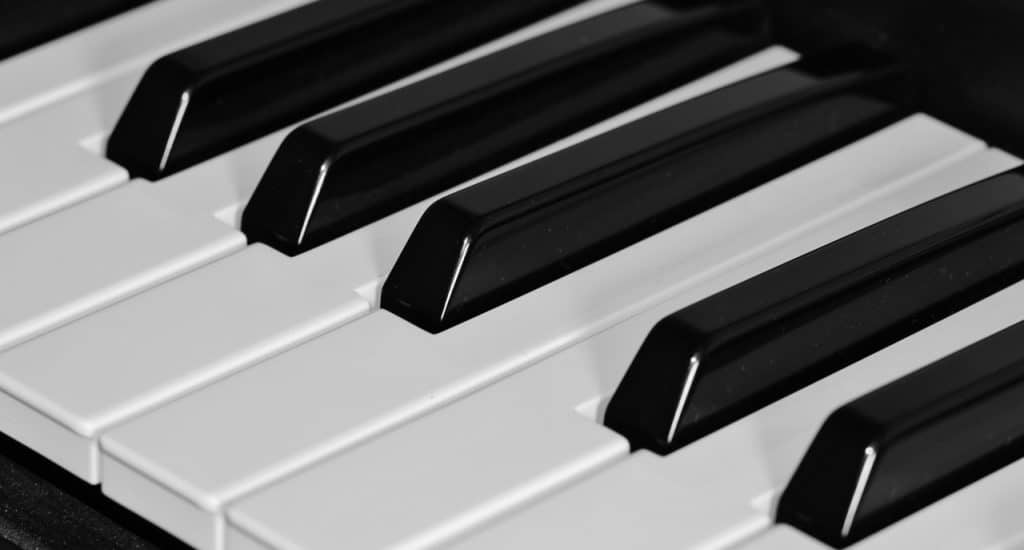
At The Piano Place, we’re happy to be carrying on a piano legacy that extends back centuries. The piano is the most popular instrument in the world, and enjoys a long and colorful history that we’re honored to be able to continue.
Where exactly does the modern piano draw its historical roots from, and how have these evolved into the present-day instrument you know and learn from our piano teachers? Let’s look back.
The development of the piano, or pianoforte, to its present from has been related directly to the development of the hammer mechanism. In 1709, a man named Bartolomeo Cristofori achieved the invention of the hammer mechanism, which made it possible for the instrument to play both soft and loud. It took over a half-century before the piano overtook instruments like the harpsichord and clavichord for vital musical figures like Johann Sebastian Bach.
Some of the first pianos were made by a man named Gottfried Silbermann, to the point where he actually received credit for its invention in some circles. The Bach sons, Philipp Emanuel and Christian, along with Mozart and Clementi, are partially responsible for its successful introduction around the world.
As the 19th century came, piano production ramped up heavily. There were over 400 piano factories in Germany by the late 1800s, for instance. But the first major popularization began in the United States – the industrial revolution had allowed for large scale production, and a successful campaign was held in the 1820s and 1830s that helped introduce music lessons into American state schools. From here, the piano found its way into more homes and was no longer just an aristocracy item.
Over time, piano models became more and more uniform due to demands for large piece output. This led to increased specialization in manufacturing, and the industry grew. Companies were set up just for individual parts, and suppliers became more and more important.
In the modern age, electronically controlled production is the name of the game. Technology allows greater precision and reliability, but specialization remains a large part of the industry. Many phases that were once manual have become automatic, leading to greater quality for the consumer.
Want to learn more about the history of pianos, or any of our piano or music lessons? Speak to the experts at The Piano Placetoday.